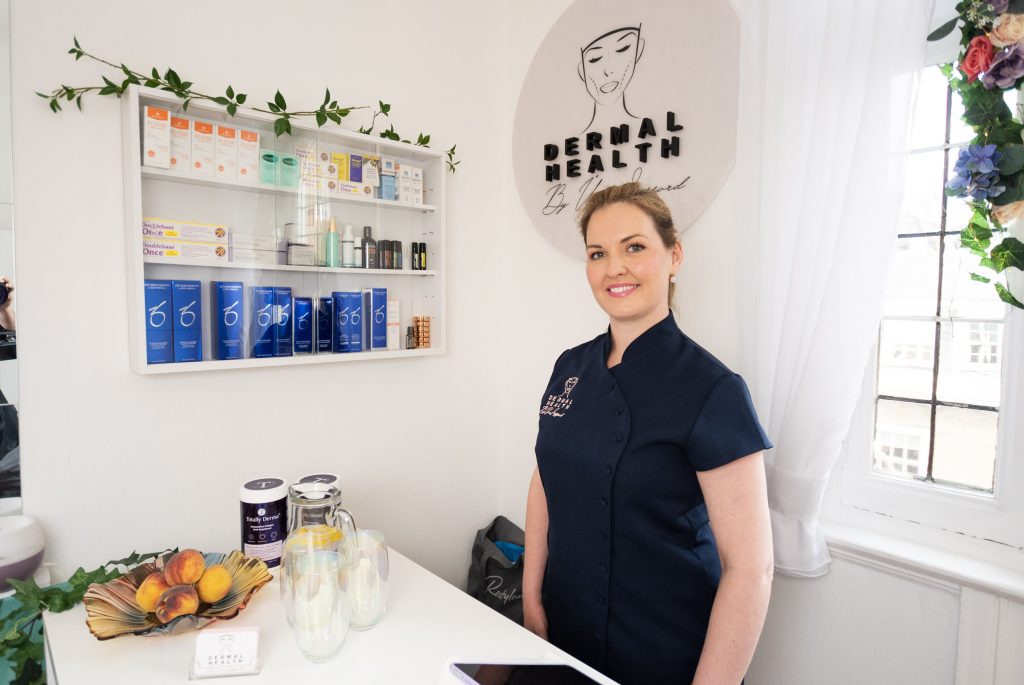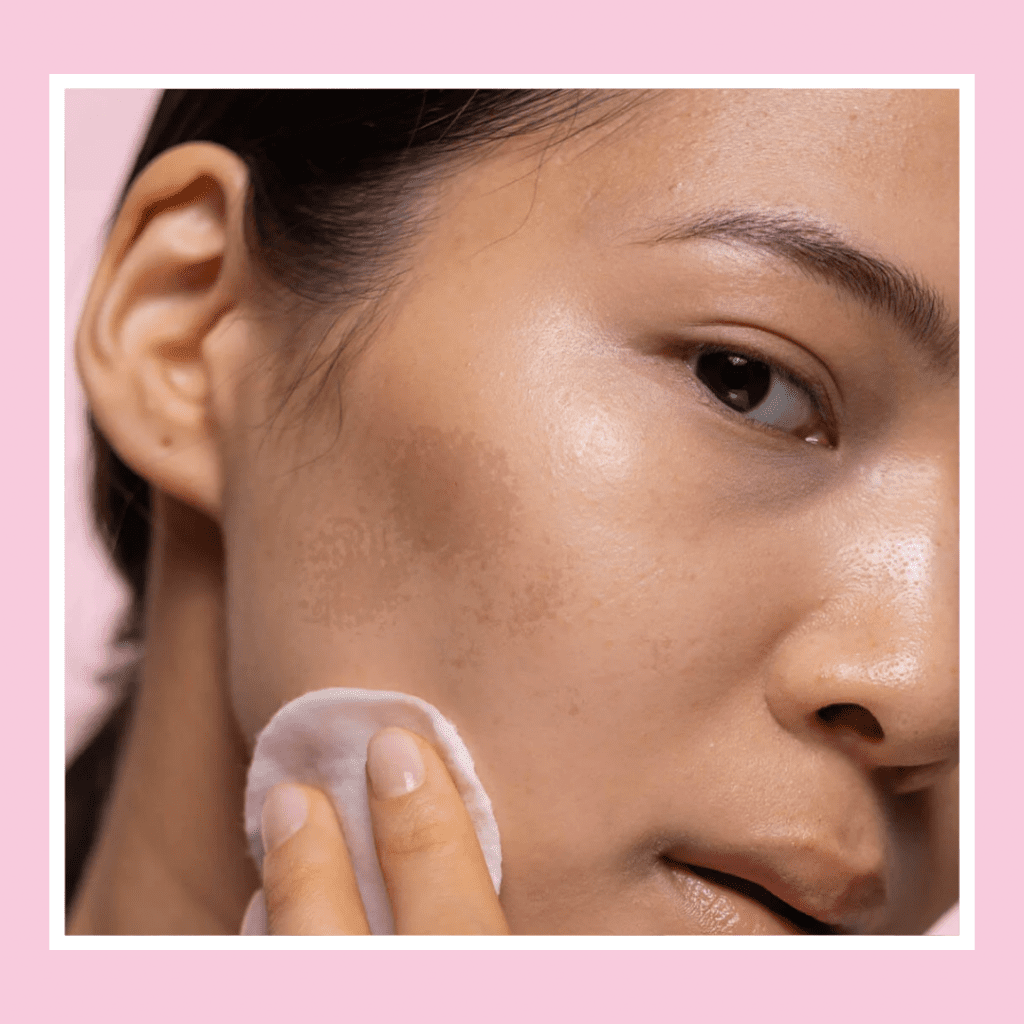Meet your Practitioner, Úna Jefford
Úna, the founder of Dermal Health, combines extensive medical knowledge with a continual pursuit of the latest trends in the aesthetics industry. She holds an MSc in Clinical Dermatology and achieved first-class honours in Adult Nursing, along with postgraduate certificates in minor-op skin surgery, and is a registered Independent Prescriber.
Known for her warm and personal approach, Úna currently runs a weekly minor-op clinic in NHS dermatology departments.
Contributing to the clinic’s growing London reputation, she brings warmth and an expert level of personal service to her London clinics.
Back to Top: Hyperpigmentation Treatment London


